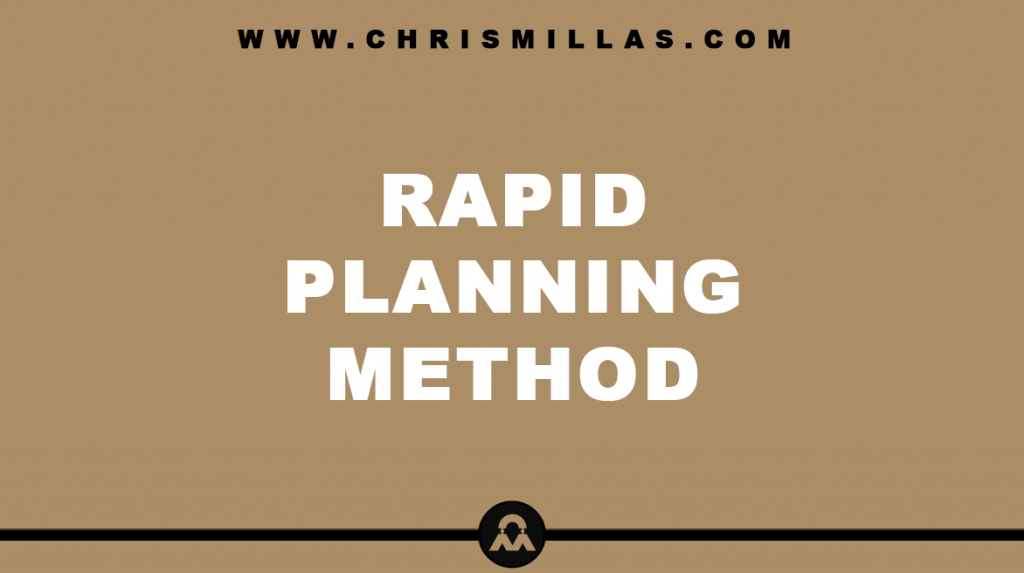In this post, we’ll unpack all you need to know about expectations, defining exactly what they are, the science behind how they influence our emotions, how to leverage them and more.
What Are Expectations?
Expectations refer to the beliefs that we hold about specific future outcomes. We all have them. Indeed, they are a natural part of being human. However, what many may not be aware of is the powerful affect they have on us.
The Science – How Expectations Impact The Brain
When you create an expectation, the brain perceives it as a ‘reward’ (defined as anything that’s going to enhance your survival) and so it releases dopamine to encourage you to pursue the reward. This results in you experiencing feelings of pleasure.
The brain then tracks how what you expected to happen aligns with reality resulting in one of three outcomes:
- If your expectation doesn’t align with reality and is unfulfilled, then dopamine levels fall and you experience feelings of dissatisfaction.
- If your expectation does align with reality and is fulfilled, then dopamine levels remain stable and you experience feelings of satisfaction.
- If your expectation is exceeded, then dopamine levels rise and you experience feelings of euphoria.
In short, pleasure occurs when our expectations are met and pain and our expectations aren’t being met.
Expectation destroys appreciation. Non-expectation creates appreciation.
How To Leverage Expectations
Learning how to manage expectations gives us an opportunity to be proactive in the way we control our emotions and can help us ensure long-lasting happiness.
The key to leveraging expectations is to firstly be intelligent about what expectations we set by creating them around things we can control instead of things we can’t control.
Secondly, we must detach ourselves from outcomes. In other words, we must not base our happiness on outcomes. When we detach from outcomes, we’re no longer at the mercy of them emotionally. This doesn’t mean not having expectations ― it means having an intention for a particular outcome and then accepting whatever happens.
“You can either use expectations or be used by them.”
Summary
When we create expectations, our brains measure what we expect to happen with what actually happens. Pleasure comes when they do match reality. Pain comes when they don’t match reality.
We can avoid the disappointment and inevitable pain that comes with unmet expectations by being pro-active in managing and deciding how we set them. When we do so, we are not longer left at the mercy of them.







